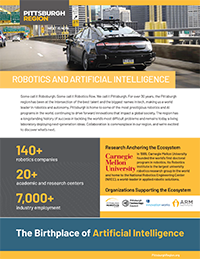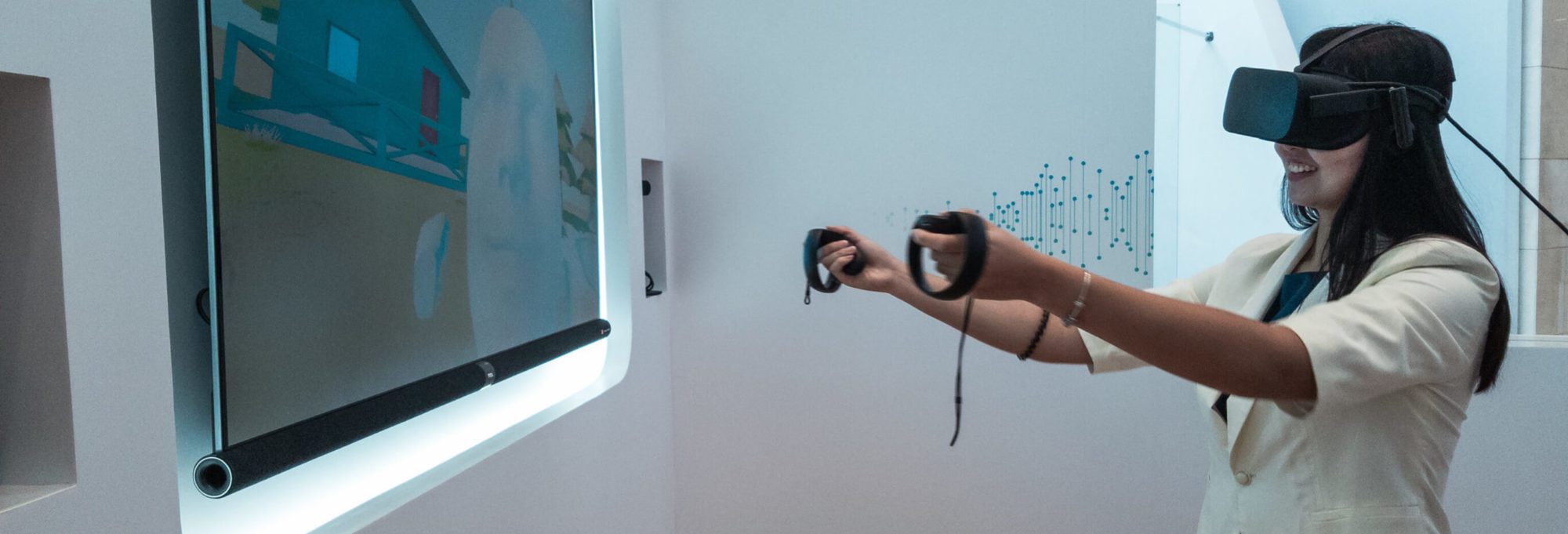
Photo Credit: Carnegie Mellon University
Pittsburgh: The Birthplace of AI
Pittsburgh is shaping the future of what’s next in artificial intelligence (AI): software, hardware, robotics, and machine learning. AI began in Pittsburgh, with Carnegie Mellon as a trailblazer since the 1950s — in fact, esteemed faculty members, Herbert Simon and Allen Newell, invented the field of AI during their tenure. Today, the Pittsburgh area is a leader in artificial intelligence smart cities, developing new technologies and initiatives.
Artificial intelligence has numerous benefits from urbanization to creating sustainable cities to everyday life. However, AI is more than your smartphone’s facial recognition, mobile apps or virtual assistant. Since AI is essentially a collection of programmed algorithms, it can be applied across nearly every industry from the development of autonomous vehicles to IT data analytics.
For example, one use case would be in the medical field, where AI platforms can help to better manage healthcare systems. The use of AI systems and machine learning might even allow for robotic assistance in surgery, as robots can exceed human accuracy on many different surgical tasks.
What Are the Benefits of AI in Smart Cities?
AI technology is a critical piece of smart city development. While Pittsburgh is known as the “Steel City,” it is also a smart city. What is a smart city? It’s an area that uses a variety of methods, including AI, for data collection and automation of administrative tasks. This data is in turn used for city planning, urban environment improvement, and optimization.
Artificial intelligence is also often used to sort through large amounts of “big data” in many industries, including real-world AI applications in the public sector. The implementation of AI with IoT systems (Internet of Things) can help urban areas and municipalities gain insights and use forecasting to make more informed decisions. These learnings of artificial intelligence smart cities could be what their citizens need, like tracking energy usage to improve the allocation of renewable energy sources. Or it can help commuters deal with less traffic congestion.
Using historical and real-time datasets, artificial intelligence smart cities and their city planners can use cost-effective management systems to help improve city initiatives like safety, sustainability, decision-making, and quality of life. AI services and smart city applications can improve nearly every aspect of a metropolis, including:
- Access to public services
- Climate change
- Energy-efficiency
- Public safety
- Public transportation
- Traffic management
- Urban planning
- Waste management
In the Pittsburgh region, we’re the home of top AI companies, talent, and graduates. The application of AI and AI research isn’t just for our own stakeholders and data scientists. AI developments lead to economic growth and help to improve businesses, metro areas, and quality of life all over the world.
“Pittsburgh is one of the core centers of talent right now for this industry.”

– STERLING ANDERSON
CO-FOUNDER, AURORA INNOVATION
THE ECOSYSTEM
Pittsburgh is home to Carnegie Mellon University: the birthplace of AI
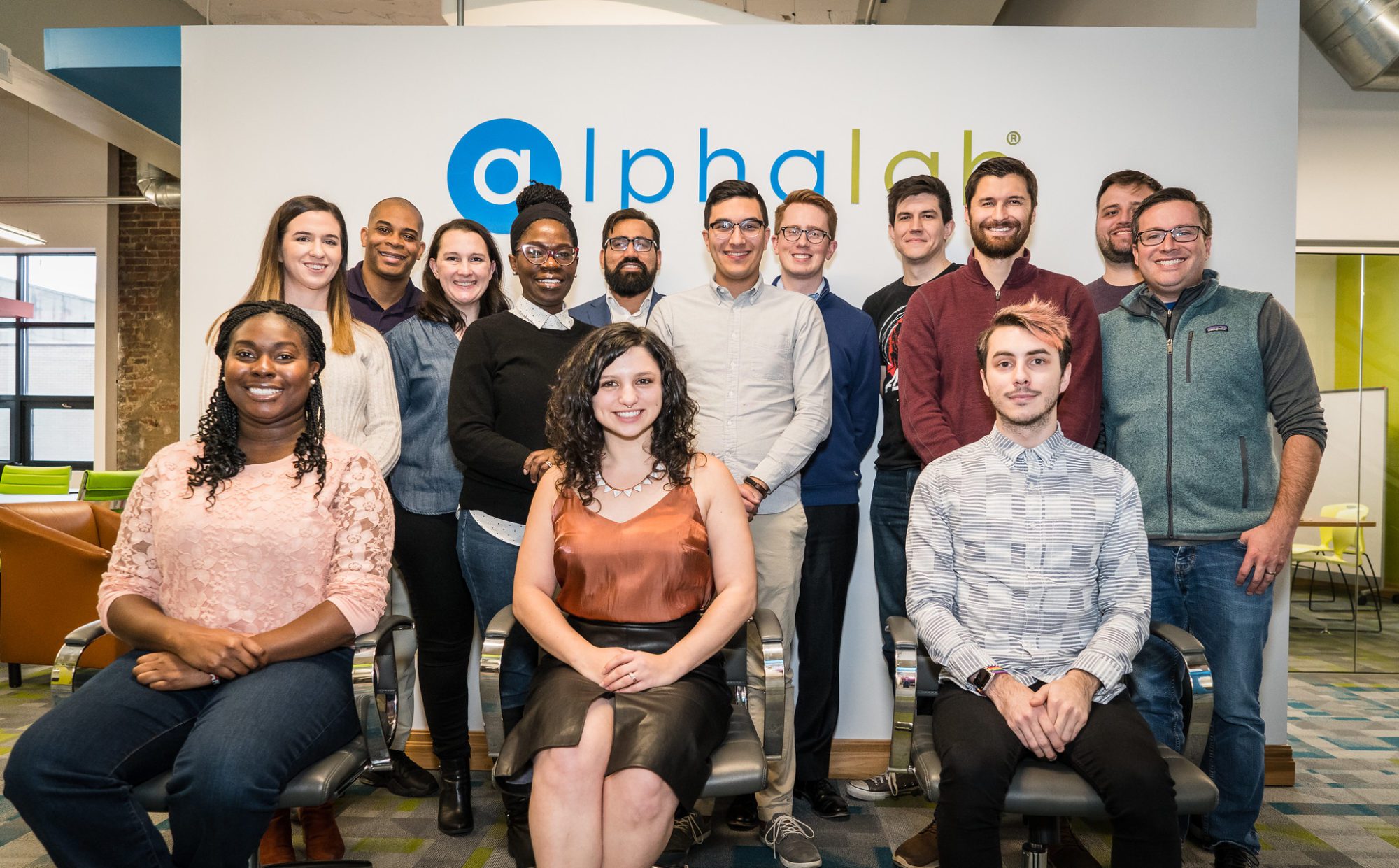
#1
U.S. AI grad program
$192M
Annual computer & information science R&D. 2nd highest in the U.S.
1st
AI undergrad program
491
AI grad degrees awarded by CMU in the past five years
AI TALENT

79
Universities & post-secondary CTE institutions
19,370
Computer support database and systems employees; average wage $91,384*
Nearly 5,000
Tech degrees & certificates awarded annually
15,890
Software developers and programmers; average wage $87,273 USD*
3,990
Computer and information systems managers; average wage $145,770*
*Employee numbers and average wages in AI-related positions based on 2021 data.
SMART CITY StartUp
Culture
13
AI-supporting accelerators & incubators
136
Unique regional startups attracted $3B in funding in 2019 (7x increase since 2010)
Ecosystem
Robust support from accelerators, educational organizations & ecosystem leaders
Global Connections
Startup Genome, a global leader in ecosystem research, spotlights the Pittsburgh startup ecosystem as part of its network of 290+ ecosystems worldwide. Pittsburgh is ranked #31 in the top emerging ecosystems globally, with its advanced manufacturing/robotics, life sciences and space tech sectors recognized. Pittsburgh has also notably experienced 42.6% growth in ecosystem value, per Startup Genome.
AI STARTUP ECOSYSTEM SUPPORT

Photo Credit: Innovation Works
Innovation Works
One of the most active early-stage investors in the U.S. with startup support programs. It also has two nationally ranked accelerators – AlphaLab and AlphaLab Gear – that help hardware and software companies get off the ground.

Pittsburgh Technology Council
Supports the region’s technology-based companies with business development, talent retention, government relations, and visibility services.
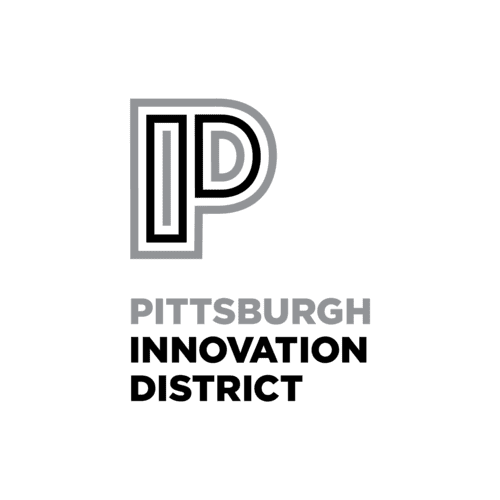
InnovatePGH
A public/private partnership specializes in accelerating the status of Pittsburgh as a global innovation city and supporting the Innovation District of Pittsburgh’s Oakland neighborhood.
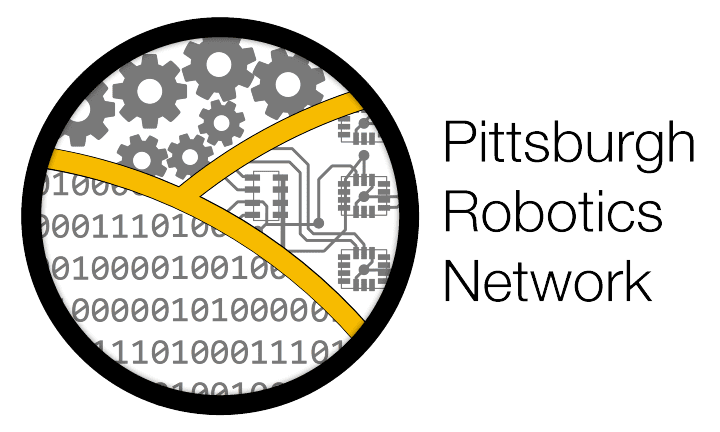
Pittsburgh Robotics Network
Founded in 2018 by robotics company leaders, this nonprofit’s mission is to accelerate robotics and AI adoption by bridging the Pittsburgh robotics community with the world.
HOME TO THE TOP ARTIFICIAL INTELLIGENCE COMPANIES IN THE WORLD
While New York City and San Francisco, California, are known for their technology companies, Pittsburgh is home to many of the top AI companies, including Nvidia, Meta, Microsoft, and Petuum to name a few. Read on to learn about even more artificial intelligence providers in Pittsburgh.

Pittsburgh Supercomputing Center
Joint Carnegie Mellon University and University of Pittsburgh R&D Center
The Pittsburgh Supercomputing Center received $5 million National Science Foundation grant in June 2020 to build Neocortex, a revolutionary AI supercomputer that shortens the time needed for deep learning training.
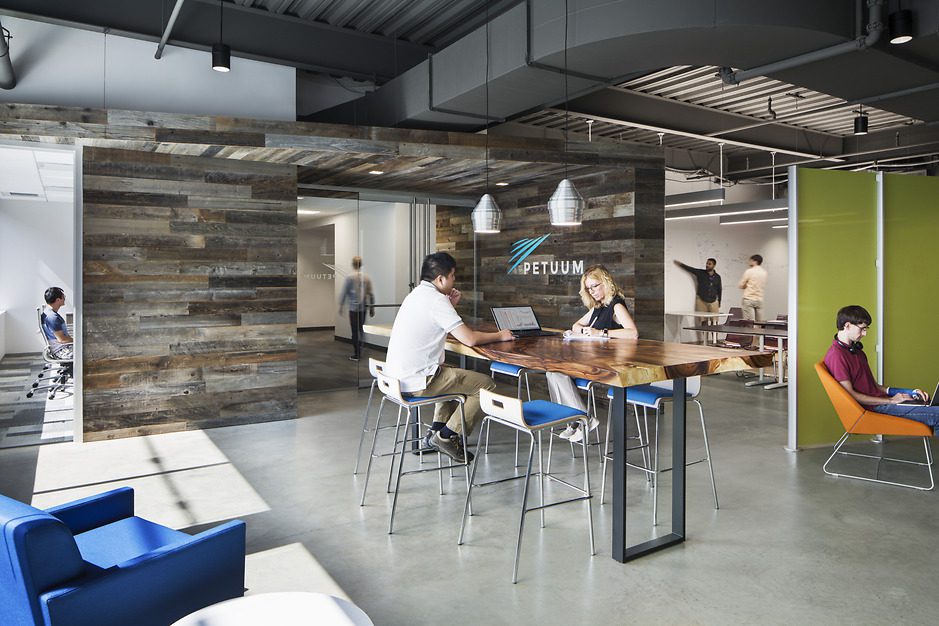
Photo Credit: Perkins Eastman
Petuum
Developer of a machine learning platform. They help companies apply AI solutions across industries like financial services and e-commerce.
Founded in 2016 and won $108 million in private equity funding within two years.
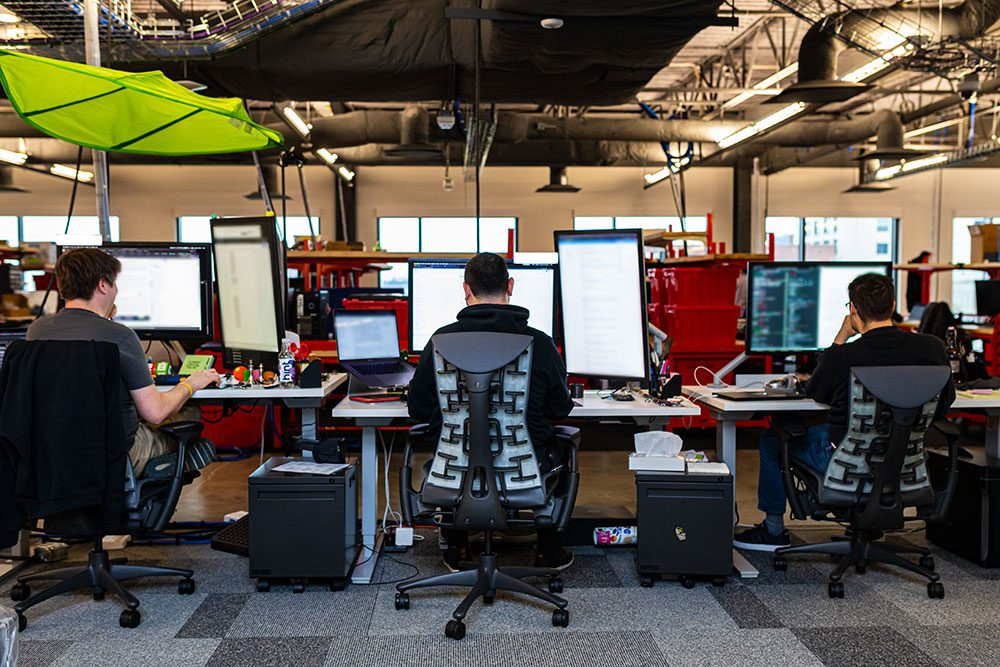
Photo Credit: Pittsburgh Magazine
Meta
Entered Pittsburgh in 2014 with acquisition of Oculus. The social media platform is using AI software to improve personal devices, like AR glasses.
Expanded into a 150,000-SF building in early 2020 to accommodate up to 500 employees.
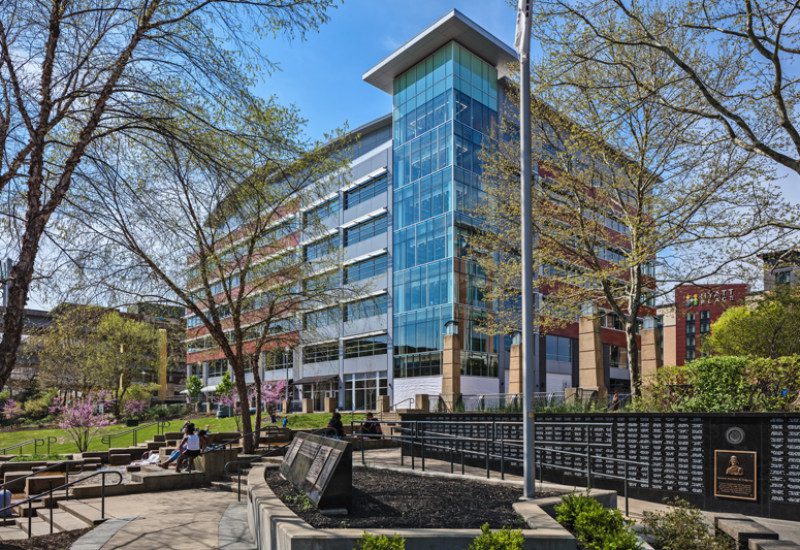
Photo Credit: Continental Building Co.
SAP
Entered Pittsburgh in 2012 with the acquisition of Ariba and Smart Op. SAP aims to further AI knowledge in open-access publications and their open-source code.
Moved into a new $72 million regional headquarters and nearly doubled its regional employment to 1,000

